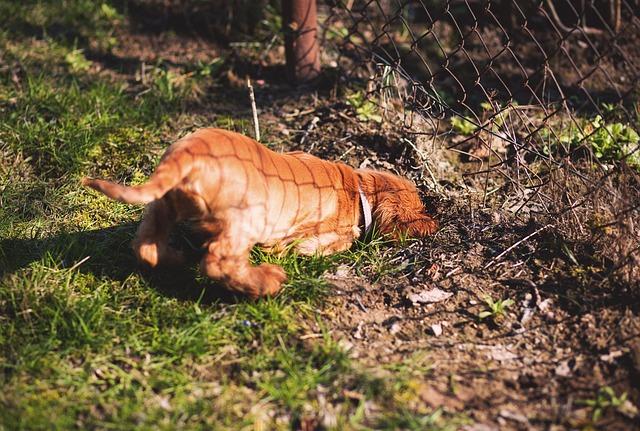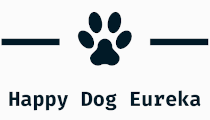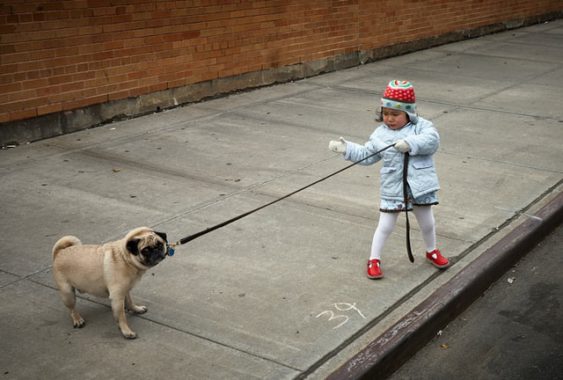What is a stubborn dog?
What is referred to as a stubborn dog is often a disobedient dog. The word stubborn is actually a label that is put to all sauces, much like the word “dominant”. What is misunderstood is often labelled and also for our benefit! Indeed a dog “dominant” with his master because he grumbles him … is if one thinks a dog not dominant, but uncomfortable and having a bad relationship with its owner.
Similarly a stubborn dog can be a lot of things. Stubborn is therefore a shortcut that prevents us from analyzing the situation and often prevents us from questioning ourselves. If you start to really take an interest in the behaviour of dogs, you quickly realize that there is often a gap between what you think you are observing and reality. All for a good reason: we do not have an omniscient point of view. So not only do we not know everything, but we influence the lives of our dogs through our attitudes, our thoughts and our goals.
To think that our dog is stubborn is therefore a well-established belief accepted by many because of the attitudes that the dog will propose. A stubborn dog is a scattered and often misunderstood dog. He is often not “obedient” and does not seek to come and stick his master or make him happy. So there is a difference between observation and interpretation. It’s quite human.
From stubborn to motivated
Therefore, a dog cannot be strictly stubborn. This is usually an error of interpretation. Indeed, there are several circumstances that show us that a dog is not stubborn, but misunderstood:
- Incomprehension: More often than not, a so-called stubborn dog is a dog that has not understood the human demand. As human beings we are full of incoherent behaviours and attitudes. We often talk too much. During the course of education I sometimes feel like I find myself with dictionaries of synonyms with orders said quickly following each other: “Médor comes, here, at the foot, this way, hey, no, I’m here, go!!”. All this information is not clear and that the dog will gradually stop listening because he does not understand. In addition to our word, enter into play the gestures that are not the same, your mood too changed … so many reasons that your dog won’t do what you expect him to do. You will then think that he is stubborn and does not want to do what you ask him to do.
- Motivation: This is a very important part of dog education. We don’t motivate dogs enough. Moreover, it is a big learning that is made in most masters, because it is more natural in humans to punish than to think about motivating. It’s a shame, because it weakens the dog handler relationship. A dog may be motivated to come back to you because you have its toy. Or he may be motivated to walk away, since when you call him you annoy him! Remember as a child, if you had done something wrong and your parents called you to scold you! Did you want to come back to them? Or were you doing everything you could to delay the inevitable? For your dog to be motivated when you ask him something, he must associate you with someone positive and trusted. And above all, apart from caring education, you must respect your dog’s needs. I recall that a dog must be taken out every day from home, even if the owner has a garden, that he must be able to meet congeners and be stimulated both physically and mentally. If its needs are already not met it is normal for your dog to be “stubborn” because you do not meet these basic needs.
- Your dog’s personality and experience: here I am talking about these dogs that seem independent and do not even look up to their owner. They seem to be in their bubble like nothing else existed. It is still a matter of motivation that can be linked to the dog’s experience (abandonment, abuse, bad relationship master /dog, etc.). You then have to take the time to analyze everything to work on the relationship that the master has with his dog. Similarly you were able to create a stubborn dog with your inconsistencies. The example that immediately comes to mind is that of the treat. If you have asked your dog several times for the “sit” when he knows the position and does not want to do it. And that after several times you take out a treat, you then reward his “waiting”. He will then wait longer before doing what you expect, as he will wait for the treat.

So how do you react?
By reading our articles, you know that you must first target the “why” before working with the “how”! So ask yourself the right questions like:
- If this dog is not stubborn why does he have these behaviors?
- Are you clear enough in your actions and directions? Or do you tend to use only one or the other over and over again?
- Maybe you think you taught him something by showing him every day, but in reality he didn’t learn anything because for him there was no sense?
- That if he gives you the paw instead of going to bed it is because he did not understand or that he is afraid to put himself in this position?
- That if he does not return to the recall it is above all because he does not get out enough or that you are too on his back?
There may be hundreds of questions, depending on the context. Each answer will give you an understanding cue that will help you come up with something more suited to your dog to improve your relationship and these behaviors.
Besides, there’s no point in getting mad at your dog. Dogs are very pacifist and mostly try to avoid conflict. Nor will he understand this punishment. He will simply consider you to be an impulsive person who cannot always be trusted. There is no justification for violence whether it is trivialized or not on a dog!

